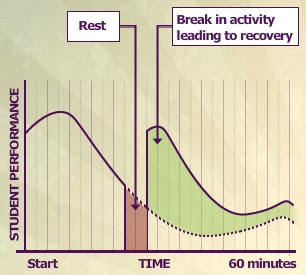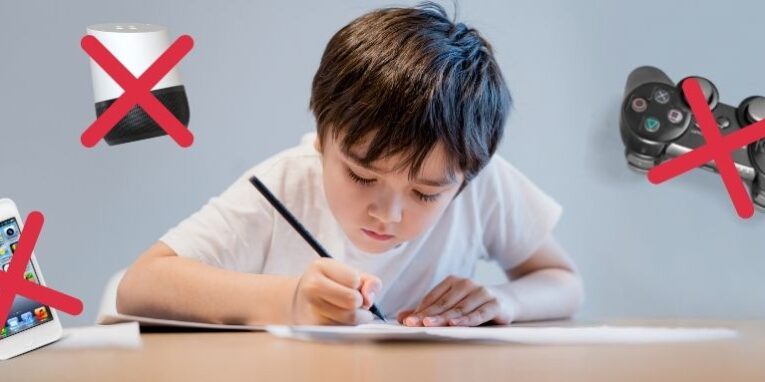How to Help Children to Concentrate on Their Tasks at Home
In order to achieve an outstanding grade in school, students should complete their tasks and homework effectively and efficiently. School demands that students concentrate for long stretches of time, and, as kids get older, they have extracurricular activities after school that require even more concentration. However, many parents may find that their children are able to concentrate on activities that are fun and intrinsically enjoyable, whereas these teens are unable to remain concentrated when doing boring, difficult, or less enjoyable tasks. As a result, these children finish their homework very late at night with low quality. Therefore, the ability to concentrate and sustain attention on all kinds of tasks is crucially important, because it helps kids learn and improve, which leads to self-confidence and positive self-esteem.
Giraffe has some advice for students to build their concentration skills at home:
Recommendation #1: Reduce Distractions
Having an appropriate study environment can influence a student’s concentration dramatically. Imagine two rooms: one room has a loud music background with noises outside of it and is full of different items such as comic books, and accessories; the other room is quiet and has only academic books in it. Which one is more suitable for studying? The answer is obvious.
Therefore, parents need to keep the environment as distraction-free as possible for children.
In addition, parents have to pay attention to electronic devices such as phones and televisions (Sasson, 2020). Social media and games on the phone can have huge attractions for children, which even adults can not avoid sometimes. Thus, parents should encourage and teach their children not to send text messages, use cell phones, or watch television while doing their homework. For example, parents can let children do homework at a designated desk or table in a quiet room with the TV off, the phone in another room, and the laptop shut unless it’s needed to complete a homework assignment.
Recommendation #2: Set a Reasonable Range of Time for Each Task by Dividing the Homework into Smaller Pieces
A big task requires too much concentration and discipline, which can make children feel intimidated and overwhelmed. For example, preparing the presentation for English class, finishing the science experiment report for physics, and calculating all the problems for math class at the same time is not a good idea. A useful “piecemeal” strategy is to use a timer to help children organize their time (Howard, 2016). Set a reasonable amount of time for each task for children, such as 15 minutes for a page of math problems. This can force the children to finish the goal within the time limitation. However, parents should be careful with this, since some children might find setting time limits too pressurizing, leading to their anxiety and disturbance of their focus (Sasson, 2020).
By dividing big tasks into smaller, more manageable pieces, children bestow their feeling of progress and movement, helping them to do one thing at a time, which can be more efficient compared to multitasking.
Recommendation #3: Give Children Enough Time to Rest and Have Fun
Children need to get up, move around, and do something different besides their homework. For children who are 14 years old, their average attention span is around 28 to 32 minutes. They will benefit from taking some time to rest and recharge since working long hours can lower their concentration (See diagram below). Young children can have some snacks or play breaks while teenagers can text with their peers or take the opportunity to check their friend’s posts on Instagram and Snapchat. Do not make kids feel too pressurized. Ensure that children can get enough rest and sleep. This would help children to be less restless, offset boredom, and make it easier to focus.

Reference
Howard, Jamie.M. “How to Help Kids Focus.” PBS, Public Broadcasting Service, https://www.pbs.org/parents/thrive/tips-for-helping-your-child-focus-and-concentrate.
Sasson, Remez. “10 Tips to Increase a Child’s Concentration.” Success Consciousness | Positive Thinking – Personal Development, 25 Sept. 2020, https://www.successconsciousness.com/blog/concentration-mind-power/increase-child-concentration/.
“Normal Attention Span Expectations by Age.” Brain Balance Achievement Centers, https://www.brainbalancecenters.com/blog/normal-attention-span-expectations-by-age#:~:text=Childhood%20development%20experts%20generally%20say,focus%20on%20a%20given%20task.







